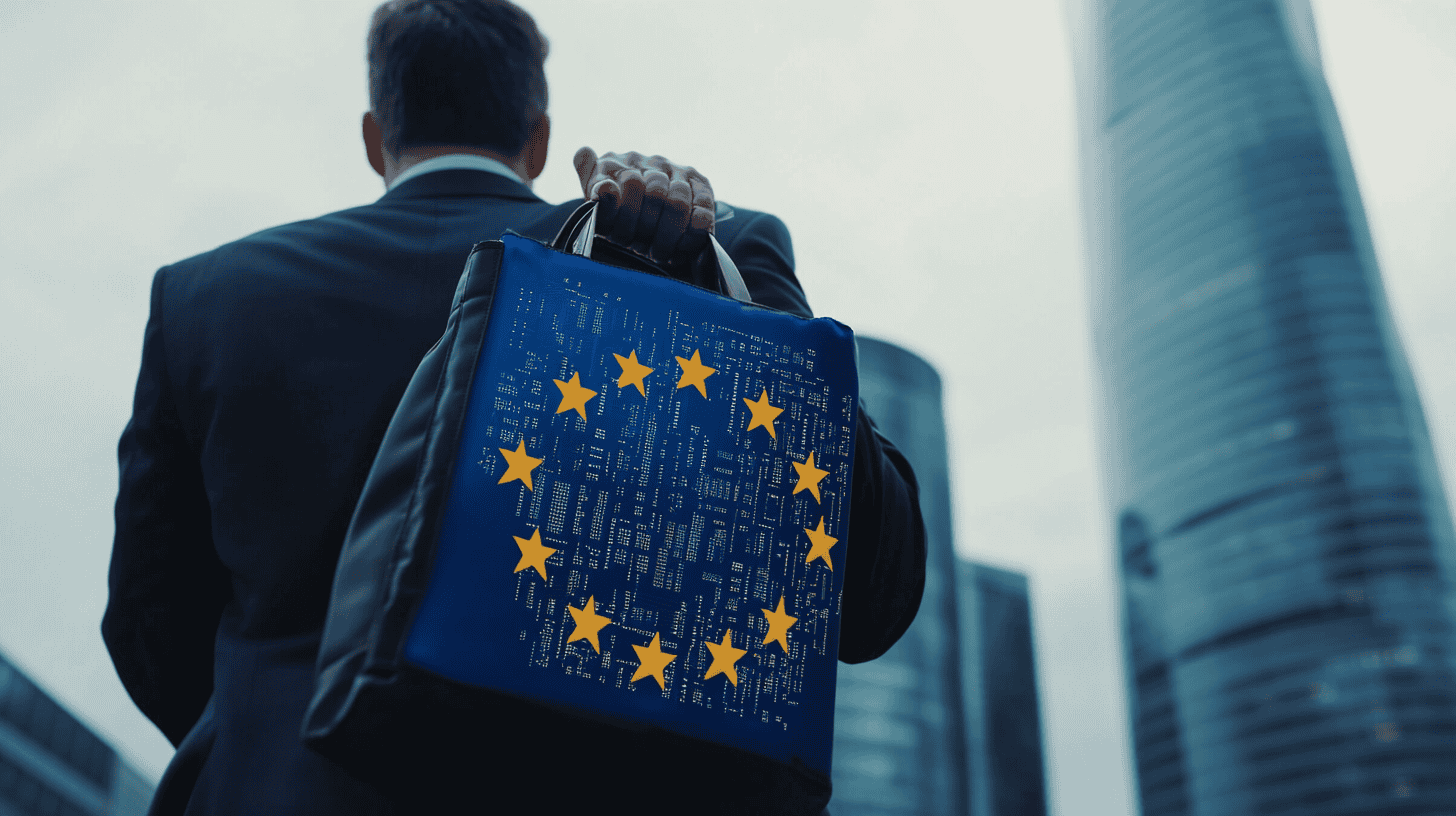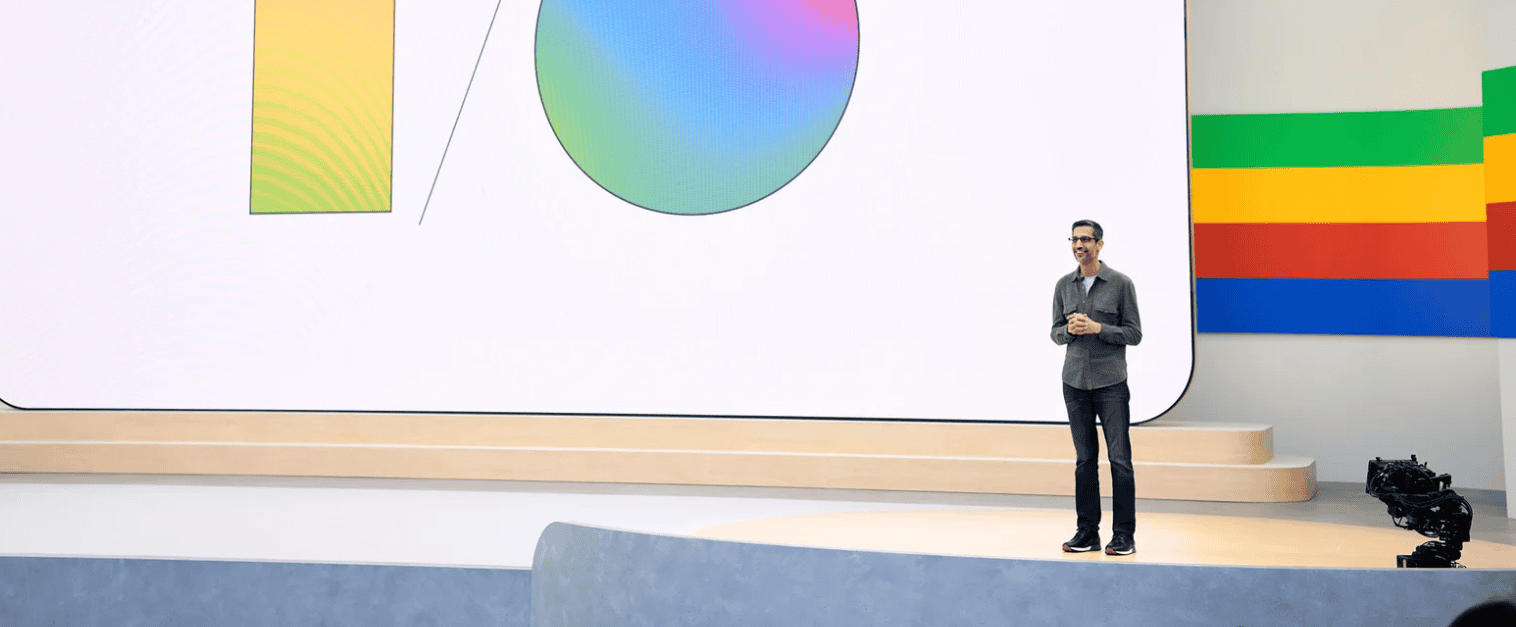
Major tech companies including Amazon, Apple, Google, Meta, and Microsoft have accepted the European Union’s ‘gatekeeper’ classification under its Digital Markets Act (DMA), according to EU industry chief Thierry Breton. This status imposes stringent rules to promote fair competition, such as requiring messaging interoperability with rivals and not favouring own services over competitors’. Notably, TikTok owner ByteDance and Samsung also agreed to meet the criteria, while Booking.com anticipates doing so next year. This means that surprisingly currently there is no European company classified as a ‘gatekeeper’. Companies are deemed ‘gatekeepers’ if they have over 45 million active users per month and a market capitalisation of €75 billion.
- The DMA labels big tech companies as gatekeepers.
- Today the first list of gatekeepers was published.
- There are no EU companies on this list.
Meeting the ‘gatekeeper’ criteria
These seven tech giants, which also include ByteDance, the parent company of TikTok, and Samsung, have formally confirmed that the provisions of the EU’s Digital Markets Act (DMA) apply to them. The DMA, which was enforced in November 2022, sets forth the criteria for an online platform to qualify as a ‘gatekeeper’. To achieve this classification, a company must have more than 45 million monthly active users and a market capitalisation of over €75 billion. In addition to these quantitative criteria, the gatekeeper must serve as an ‘unavoidable platform for conducting online business in the EU’.
Implications of the ‘gatekeeper’ status
Once a company is labelled as a ‘gatekeeper’, it becomes subject to a series of obligations designed to foster fair competition and prevent abusive practices. These include allowing their messaging apps to interoperate with rivals, letting users decide which apps to pre-install on their devices, and not favouring their own services over competitors’. Gatekeepers are also forbidden to prevent users from removing pre-installed software or apps. The DMA provides legal certainty by outlining these obligations in advance, and non-compliance can result in severe penalties, including fines of up to 10% of a company’s total worldwide annual turnover.
Reactions from the tech giants
While the tech giants have acknowledged their ‘gatekeeper’ status, their responses have varied. Some companies, like ByteDance, have disputed their inclusion on the list, arguing that while they meet the DMA’s quantitative criteria, they fall short of the overall requirements. On the other hand, Booking.com expects to meet the gatekeeper threshold by the end of the year.
Where are the European ‘Gatekeepers’?
Interestingly, this first list of ‘gatekeepers’ does not include any European tech giants. This absence is telling and raises important questions about the tech landscape in Europe. While the EU is leading the charge in regulating the tech sector, it seems to be lagging in fostering home-grown tech giants that can compete on the global stage. This could potentially limit the EU’s influence in shaping the future of digital markets. Moreover, the lack of European-based gatekeepers could raise concerns about the region’s capacity to foster and sustain tech innovation and growth, potentially hindering its ability to compete in the digital economy.







